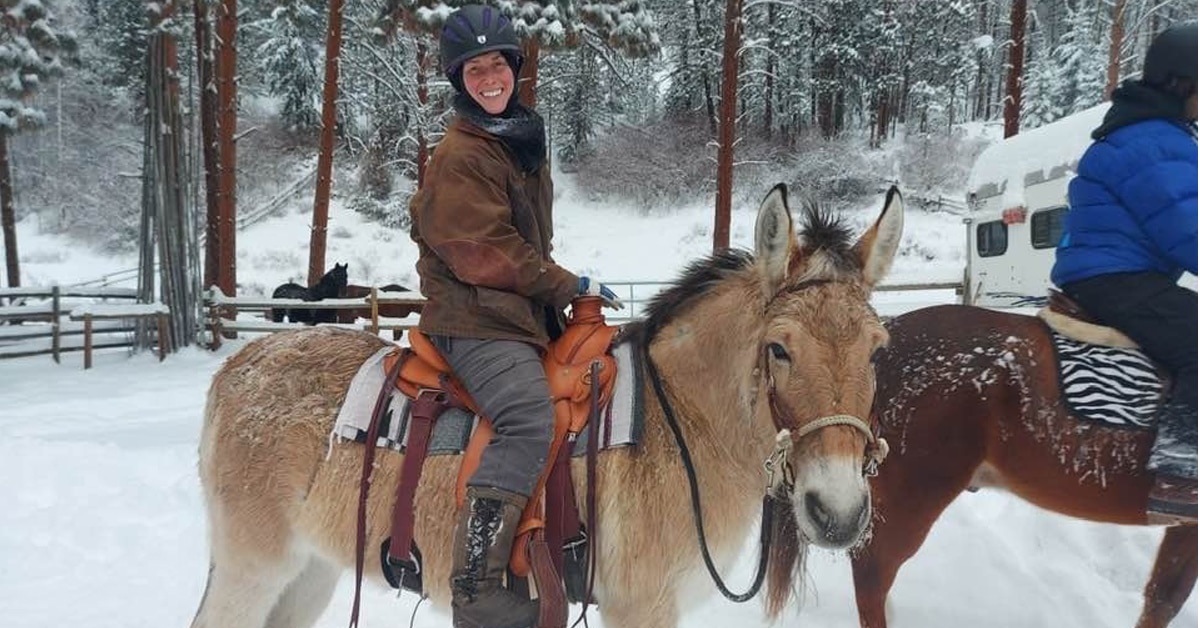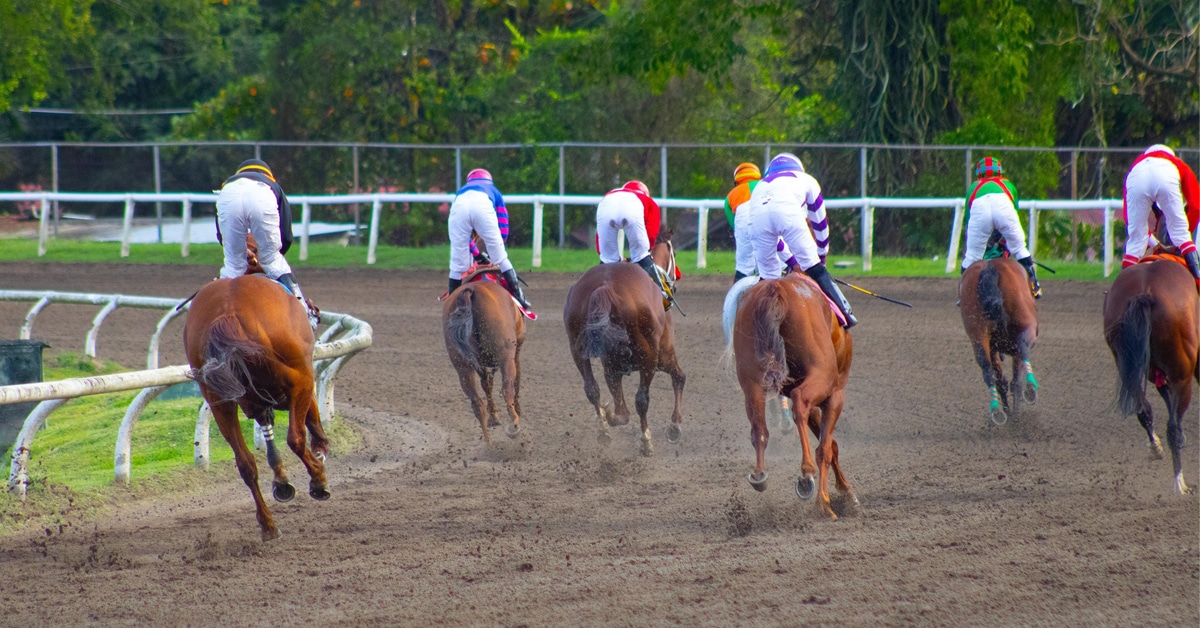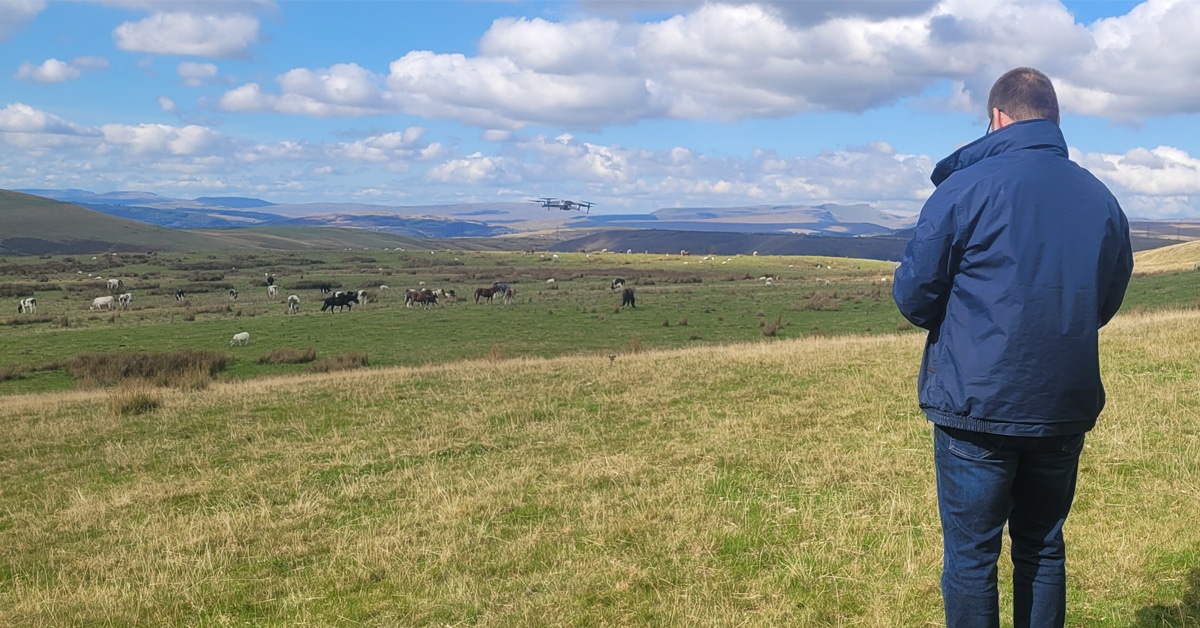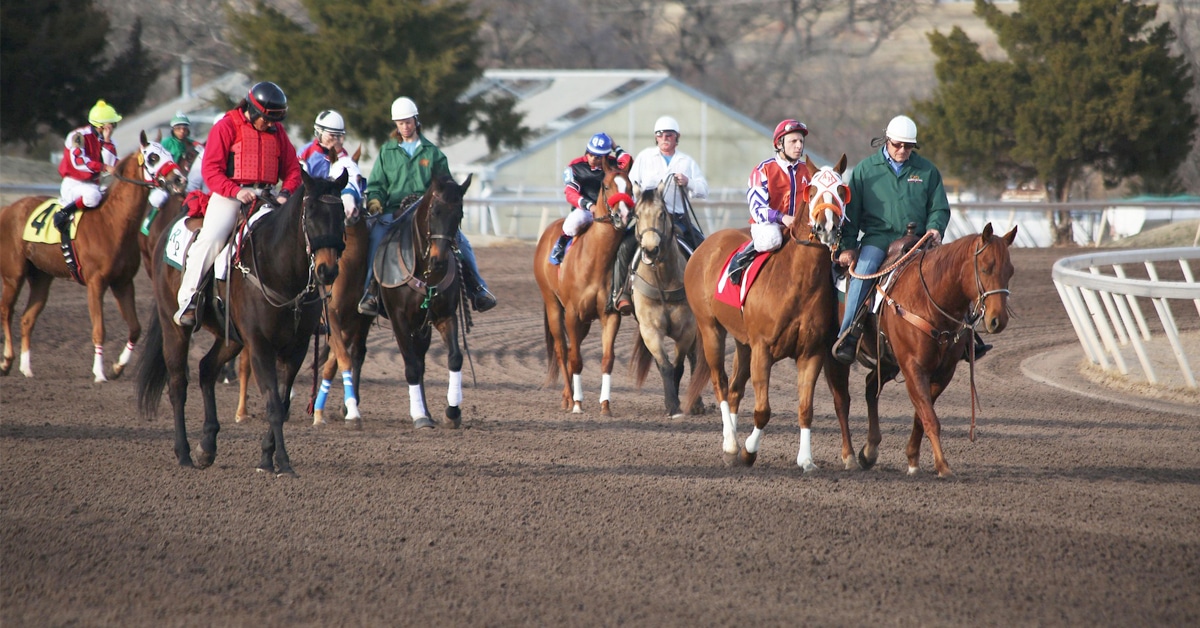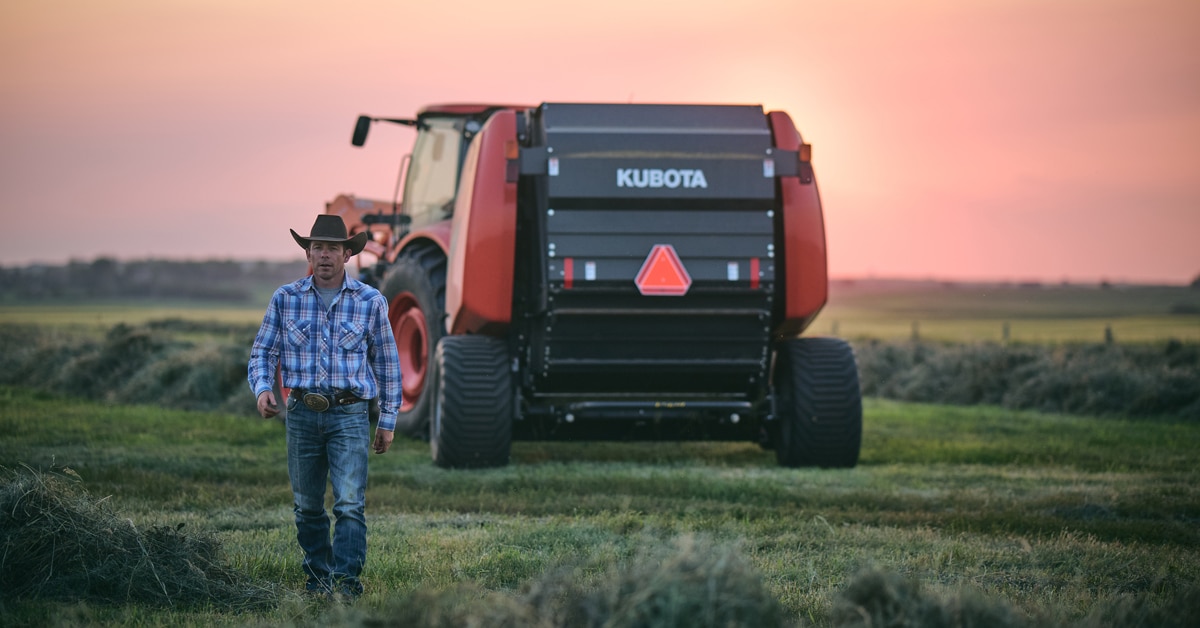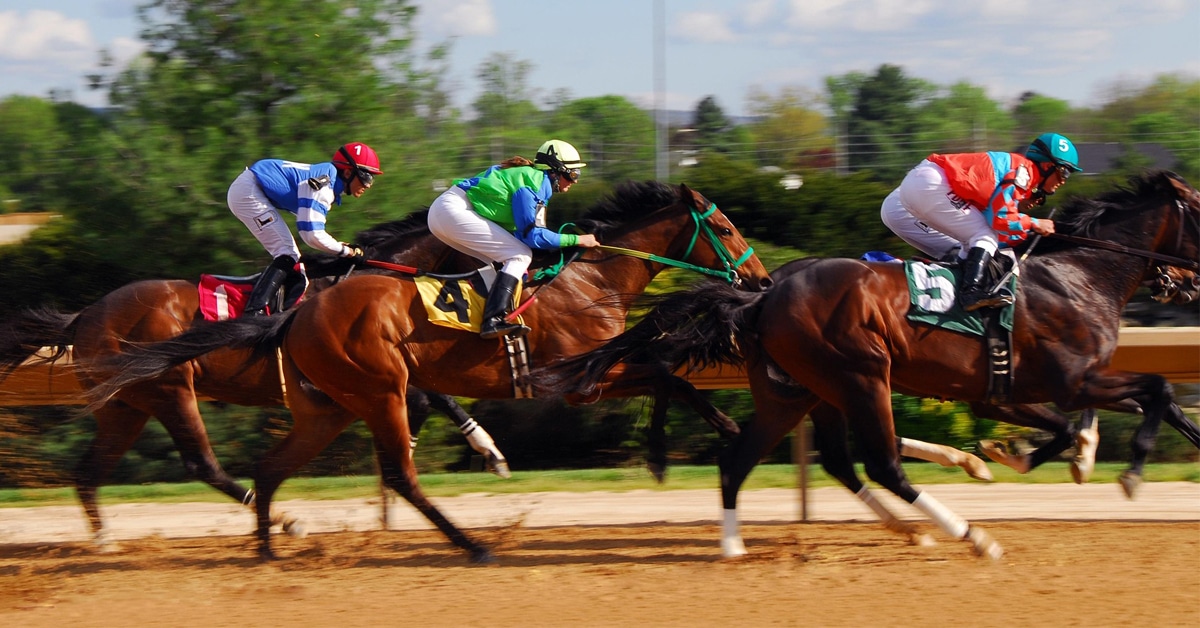A groom does far more than just brush horses; he or she is responsible for their overall care, feeding and even mucking out. Some duties required of grooms include:
* grooming from head to toe
* feeding and mucking out
* turnout and blanketing
* bathing, braiding manes, clipping, etc. for shows
* hotwalking
* tacking up, untacking and cleaning the tack
* taking temperature, pulse and respiration
* sweeping the barn and other maintenance
* assisting the vet and farrier
You must:
* be physically fit and a hard worker
* like working outdoors and in bad weather
* not mind low wages or getting dirty
* be a good rider in a variety of disciplines
* have your own transportation and a drivers’ license
* be knowledgeable about every aspect of horses, from physiology to health and nutrition
* have a positive attitude
* be able to work alone as well as with others
Create a resume listing your riding and grooming experience, which coaches/trainers you have worked with, and any courses you have taken. If possible, get a letter of recommendation from someone in the industry, whether it’s your coach or the manager of the farm where you board your horse.
Do I need a license?
There are no academic requirements or licenses needed to become a horse groom, but horse experience is important, and some colleges offer certificate courses which will make you more likely to get hired by a potential employer. They usually combine classroom and hands-on training. For instance, Equine Guelph in Ontario offers a Groom One Certificate Program where you will learn safety, horse handling, horse health, first aid, gaits, behaviour, risk management, nutrition, tack and equipment. Go to www.equineguelph.ca/education/skills.php for more information. Olds College in Alberta has a 15-week Race Horse Groom Training Program to teach you stable management and other skills for the flat and harness racing tracks. Visit www.oldscollege.ca to view the course description.
Where do I find a job?
Racetracks, riding stables, private, competition and polo barns, dude ranches, stud farms, horse rehabilitation centres, and even equine veterinary hospitals need qualified, hard-working grooms. Talk to your vet or people at your local tack store to see if they know of any barns who are looking for help. Travel to horse shows, where many trainers and barn managers are in one place, and ask around. Search online on sites such as www.yardandgroom.com and www.careergrooms.com, where you can scan available jobs and post your resume.
When you get an interview, dress as you would for the barn – clean jeans, a nice polo shirt and polished paddock boots for a hunter/jumper barn, for example. Don’t overdo the makeup and make sure your hair is tied back.
How much do grooms make?
Horse grooms work at least 40 hours a week, but sometimes longer, especially if they are expected to attend shows, which usually involve travelling — so you can’t be the homesick type! Wages vary according to location and situation — you may be offered free accommodation, for example, in exchange for a modest paycheque. Some grooms make just minimum wage, which in Canada ranges from $8-$10 per hour on average; others might earn $500 per week or more; top grooms can make upwards of $3,000 per month.
So if you like working hard and enjoy being around horses all day, every day, becoming a groom just might be for you!
The Latest
